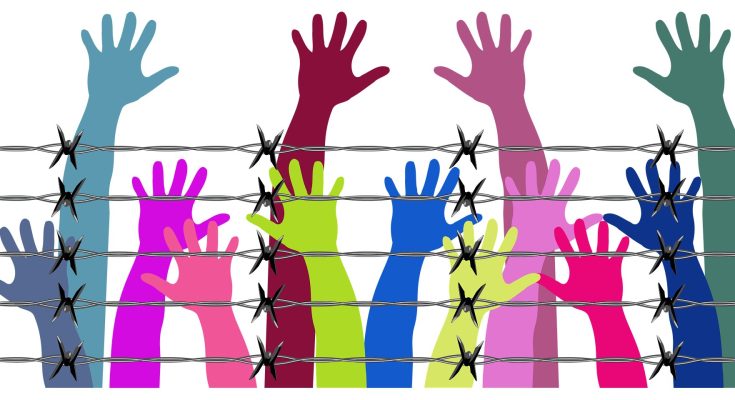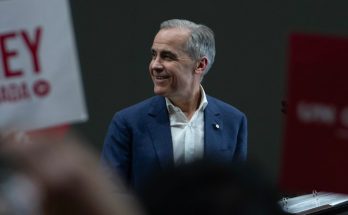A study has found that members of Canada’s LGBTQ+ community are more likely than heterosexuals to participate in non-electoral politics. They tend to be more involved in both institutional and non-institutional political activities, aside from casting a ballot.
The first category includes partisan politics—such as belonging to a political party or interacting with elected officials—while the second includes activities such as going to demonstrations and participating in boycotts or buycotts.
The study, which appears in Research & Politics, found that the correlation between sexual orientation and political participation is particularly strong for non-institutional political activity, after controlling for sociodemographic and socioeconomic variables.
“This means that Canadian sexual minorities participate more in political life not because of social factors such as higher incomes or education levels, but because these individuals are inherently more mobilized,” said Ruth Dassonneville, a professor in the Department of Political Science at Université de Montréal and a co-author of the study.
The results are based on data collected by the Consortium on Electoral Democracy, a research network that gathers information related to electoral politics at the federal, provincial and municipal levels in Canada.
Motivated by self-interest
According to Dassonneville, the higher levels of political participation among sexual minorities are driven by a desire to make their voices heard. “People who are more involved in politics tend to be better represented politically,” she noted. “And we know that sexual minorities face considerable prejudice and discrimination. Since they have more issues to advocate for, they feel a greater need to engage in politics to claim their rights.”
Dassonneville considers the findings to be “quite reassuring for democracy,” as the strong engagement helps protect certain rights in the Canadian context, where actions such as street protests are possible and can influence policy.
“The situation would probably be worse if this population were politically disengaged and less organized,” she said.
Dassonneville added, however, that more research is needed to clearly identify the reasons for the mobilization of sexual minorities and to determine whether their participation really is due to higher levels of discrimination.
Provided by University of Montreal





